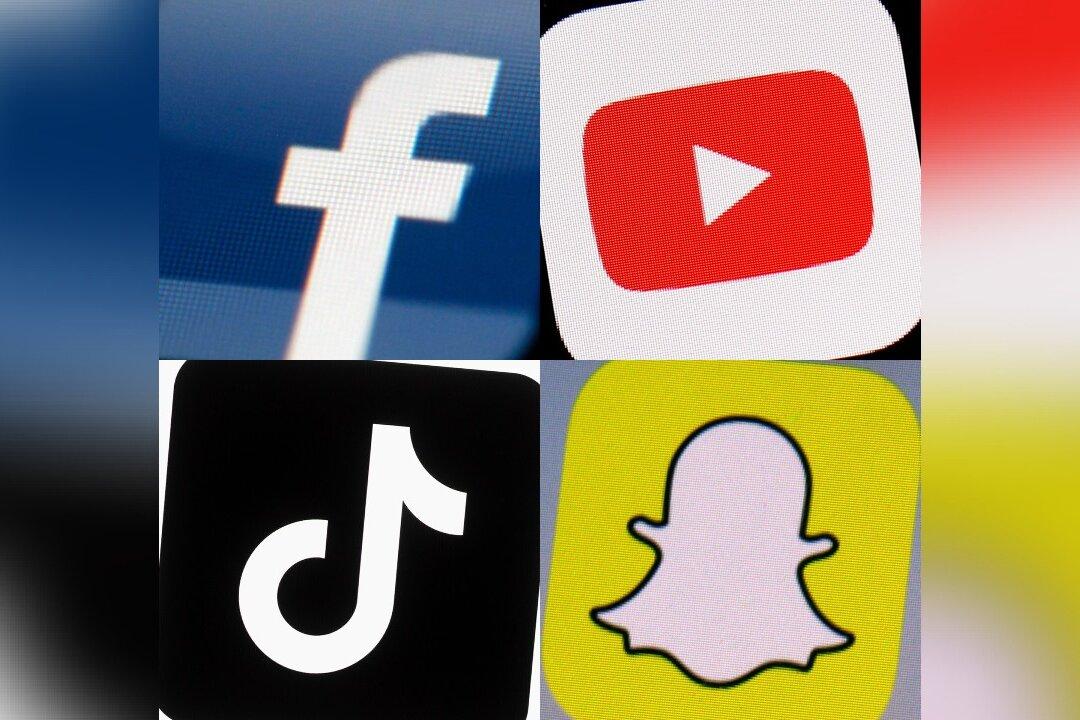YouTubers, Instagrammers, Facebookers, or TikTokers have been put on notice by Australia’s competition regulator over misleading or undeclared product endorsements.
The move comes after the U.S. Securities and Exchange Commission fined celebrity Kim Kardashian $1 million (AU$1.45 million) in October 2022 for promoting a cryptocurrency brand without declaring she was being paid $250,000 for the endorsement.




